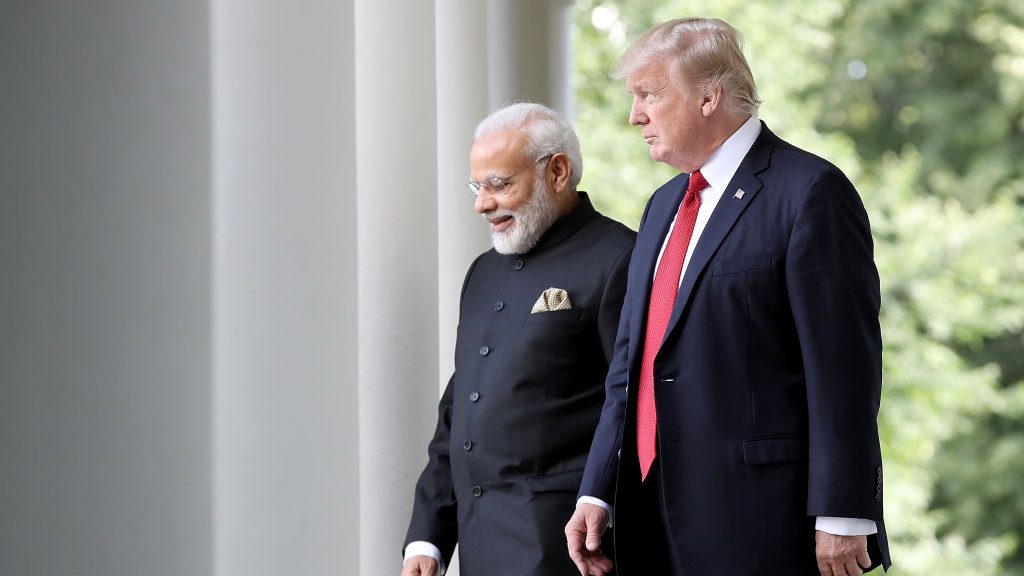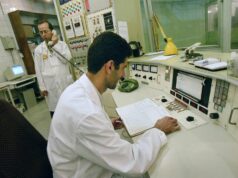US Should better DIVERSIFY ITS SUPPLY CHAIN To India and also improve its relationship

Principal Deputy Assistant Secretary and Acting Assistant Secretary for South and Central Asia, Ambassador Alice Wells, has rightly spoken that the United States would want to work with India to improve the business environment, as investing companies are now seeking to diversify their supply chain.
Wells and his bosses right up to Trump must realize at the earliest that it no more question of “ wanting “ by the USA, rather it must work closely with India and improve both its political behaviour towards India and the business environment too.
India matters to USA now even more during the pandemic and post-pandemic period. There is a golden opportunity for United States of America and they should be seize it with market-friendly approaches, instead of protectionist impulses, threats of CAATSA and passing for uncalled resolutions against Indian Parliament.
Wells, a senior diplomat who has served as Acting Assistant Secretary of State for South and Central Asia for most of the Donald Trump administration’s tenure, has further confirmed that the personal rapport between the US President and Prime Minister Narendra Modi has been clear during the last three years. This should be utilized by the Americans to help improve the Indo US relationship.
According to Wells, India and the US are continuing to discuss the much-touted bilateral trade deal, which is expected to remain unfinished before Trump heads for re-elections in November this year. This in itself is an indicator of missing elements of the Indo American relationship.
The Wuhan Virus has however given a real opportunity for greater diversification of US corporations, as countries are looking to de-risk from China, and it could make sense for them and the American Administration to follow the right policies and the right commitments. We Indians certainly want to see that happen and facilitate that kind of partnership.
Commenting on the current India-China tensions, the senior US diplomat said that the border tensions “are a reminder that Chinese aggression is not always rhetorical.”
“For anyone who is under any illusion that Chinese aggression was only rhetorical, I think they need to speak to India, where, India, you know, on a weekly, monthly, but certainly a very regular basis has to experience the pinpricks of the Chinese military,” she further said.
Wells also said, “Chinese aggression is a reminder of what’s at stake in building a world order and sustaining a world order — that respects the sovereignty and territorial integrity, as well as respecting the rules of international trade that have allowed so many hundreds of millions to be lifted out of poverty.”
“We, in the United States, have recognised the MacMohan line. We have recognised that Arunachal Pradesh is an Indian state. We certainly urge India and China on the line of actual control to engage diplomatically to resolve any outstanding differences,” the US diplomat added.
Focusing on Pakistan and its counter-terrorism efforts, the outgoing diplomat said that the country has taken some important but not irreversible steps. She firmly said that the international community’s reaction to Pulwama attack was “a warning shot across the bow” to Pakistan and that “India did not come under criticism for its response…by principal allies or partners or friends of Pakistan.”
The ambassador gave an overview of the US ties and cooperation with India and reiterated that Washington desired to establish mutually beneficial relations with New Delhi.



